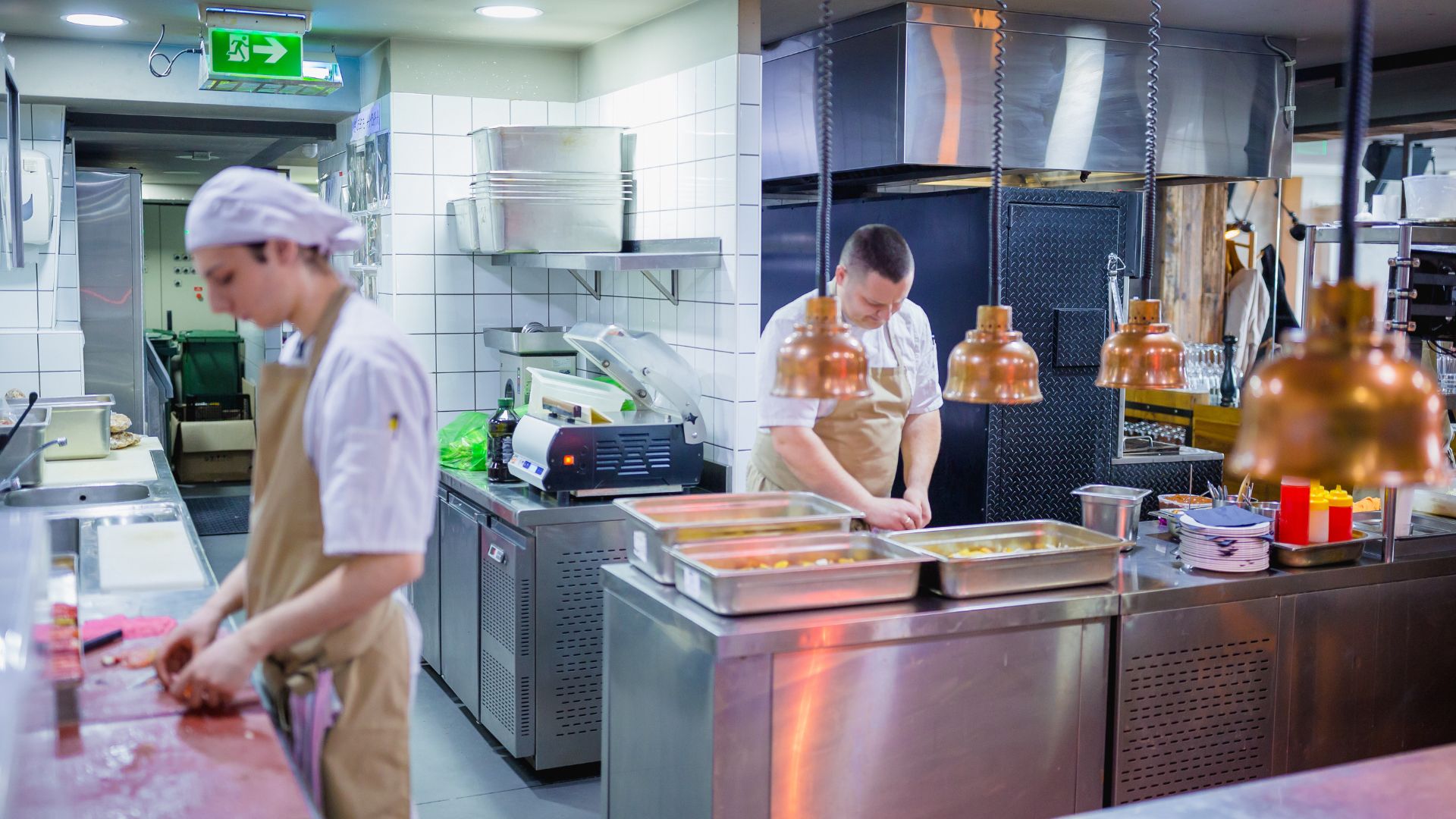Navigating the Culinary Landscape of 2024: A Journey Through Modern Culinary Education
Introduction:
The culinary world is a dynamic and ever-evolving industry, constantly influenced by trends, technology, and global perspectives. In 2024, the landscape of culinary education has undergone significant transformations, reflecting the demands of a diverse and interconnected world. This article explores the key aspects of the culinary education system in 2024, shedding light on the innovations, challenges, and opportunities that aspiring chefs encounter on their educational journey.
Technology Integration:
Culinary education in 2024 has embraced technology to enhance learning experiences. Virtual reality (VR) and augmented reality (AR) are now integral tools, allowing students to explore virtual kitchens, practice techniques, and even collaborate with peers globally. Online platforms offer interactive lessons, making culinary education accessible to a wider audience.
Global Culinary Fusion
The culinary landscape is more diverse than ever, with a global fusion of flavors influencing culinary education. Students are exposed to a rich tapestry of international cuisines, emphasizing cultural sensitivity and a broader understanding of culinary traditions. Institutions collaborate with chefs from various regions, providing students with authentic experiences and a global perspective.
Sustainability and Ethical Practices
As environmental consciousness grows, culinary education in 2024 places a strong emphasis on sustainability and ethical practices. From sourcing ingredients to waste management, students are educated on the impact of their culinary choices. Farm-to-table initiatives and courses on ethical sourcing contribute to a generation of chefs committed to responsible and sustainable practices.
Entrepreneurship and Business Skills:
Beyond mastering the art of cooking, culinary education now includes robust programs on entrepreneurship and business management. Students are equipped with the skills needed to navigate the competitive culinary industry, including budgeting, marketing, and menu development. Incubator programs provide aspiring chefs with the tools to launch their culinary ventures successfully.
Diversity and Inclusion:
The culinary world has become more inclusive, reflecting a commitment to diversity. Culinary education institutions prioritize creating an inclusive environment, fostering creativity and innovation from chefs of all backgrounds. This shift ensures that the culinary industry is representative of a variety of voices, contributing to a richer and more dynamic gastronomic landscape.
Hands-On Experiences:
Despite technological advancements, hands-on experiences remain a cornerstone of culinary education. State-of-the-art kitchens equipped with cutting-edge tools provide students with the practical skills necessary for a successful culinary career. Apprenticeships and externship programs allow students to gain real-world experience in professional kitchens.
Conclusion:
The culinary education of 2024 is a dynamic and immersive journey, shaped by technology, global influences, and a commitment to sustainability and inclusivity. Aspiring chefs are not only mastering the art of cooking but also developing the business acumen and ethical awareness necessary for success in a rapidly evolving culinary landscape. This era marks a renaissance in culinary education, where innovation and tradition coalesce to produce a new generation of chefs ready to make their mark on the world's diverse and interconnected dining scene.







